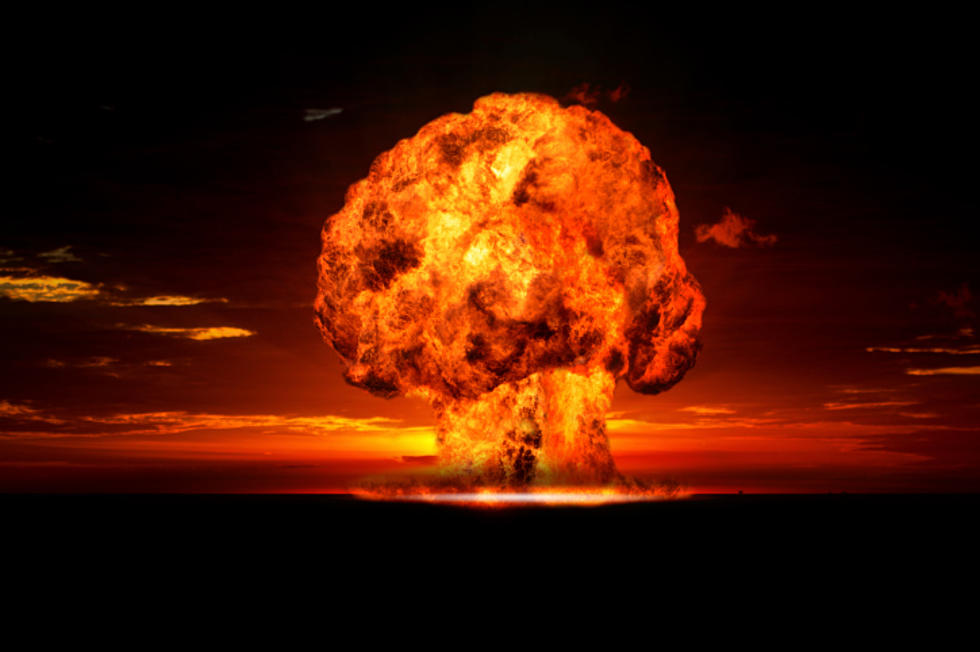
The Real Reason That Forest Fire Smoke Skipped Over Maine
Over the last month, we have had several instances where smoke from wildfires darkened the skies above Maine and New Hampshire. First, fires in Western Canada brought a haze to New England. Because these fires were so far away, the smoke was at a high altitude by the time it got to us. So, instead of being smoke, it looks more like a late summer haze.
More recently, the fires in Nova Scotia brought much thicker smoke to parts of Maine. Much lower in the atmosphere, this smoke was not only visible along much of the Maine coast, it also affected the air quality in that area.
While we are not really dealing with the smoke from the Nova Scotia fires, they are still burning and producing smoke. Over the last few days, we have been seeing the videos of how this smoke has been causing issues for people in New York, Pennsylvania, and Ohio. The pictures and videos we have seen of the smoke make it look like something out of a movie about the apocalypse.
Why have we not had to deal with this smoke?
Well, not surprisingly, it has to do with the weather.
According to an article on the WCSH 6 website, this latest round of smoke has not really affected us because of a "clogged up" jet stream. Basically, the air currents are flowing around much of Maine. What smoke there is over Maine is so high up that it is not affecting anything.
This graphic does a pretty good job of showing what we are talking about:
This video from CBS News gives a pretty good idea of what people in other parts of the country are dealing with.
Fortunately, as far as we know, the fires have not yet produced any deaths or serious injuries.
LOOK: The most expensive weather and climate disasters in recent decades
More From B98.5









